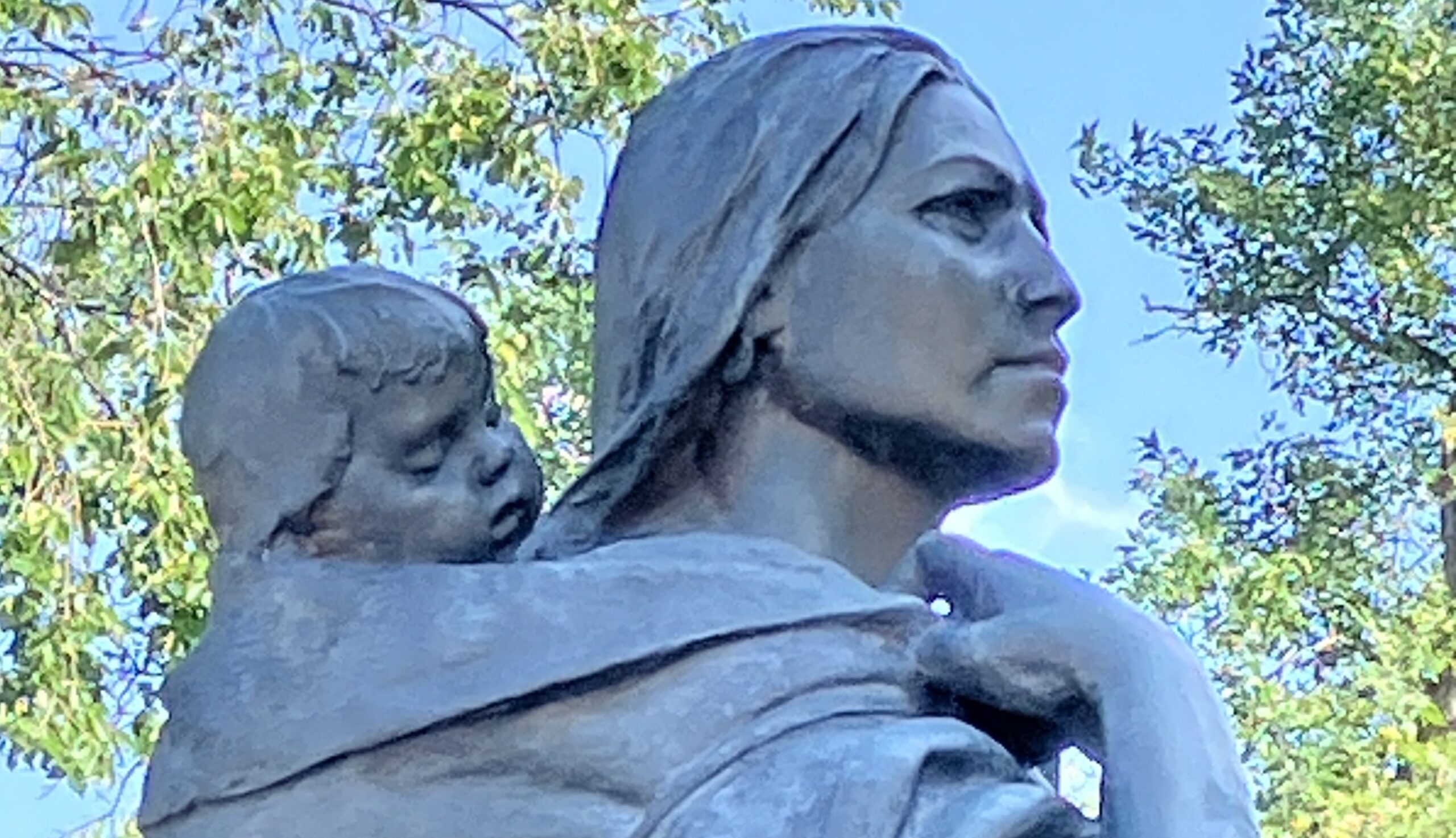
After leaving their first winter encampment at Camp Dubois across from St. Louis, Missouri on May 14, 1804, the Corps of Discovery under the direction of US Army Captains Meriwether Lewis and William Clark made their way slowly but surely up the Missouri River. Day after day they fought the relentless current to make progress upstream averaging ten miles per day. As the weather began to get colder, they looked for a sensible place to establish their winter quarters.
The Corps first encountered the Arikara (uh-RICK-uh-ruh) tribe living in three villages close by the mouth of the Grand River near the northern border of today’s South Dakota. The Corps spent about a week in the first part of October in the vicinity of the Arikara and the two sides held councils, exchanged expressions of goodwill, and traded goods. Clark’s slave York was a special object of fascination to the tribe since they had never seen a black man before.
The Corps decided to proceed on. Two other tribes had clustered into five villages along a sixty mile stretch of river in today’s North Dakota: two Mandan villages on the south near the confluence with the Heart River and three of the Hidatsa (hih-DAHT-suh) tribe above close to the mouth of the Knife River. With the temperature dropping further and ice forming on the river, it was time to hunker down among them for the winter. Lewis and Clark directed their men to construct Fort Mandan, which would house them on the east bank of the river for the next four months.
Follow this guide to visit several locations associated with the Lewis & Clark Expedition’s stay in North Dakota. Spending two days in the Bismarck area should allow you to experience all these sites thoroughly. See the North Tour itinerary for other tour ideas. Read more in our Digital Travel Magazine and on our Educational Website – Discovering Lewis and Clark Check the Lewis and Clark Trail Experience Events page as you plan your visit to find additional festivals, programs, and events along your route.
You may also like our L&C Travel Magazine!
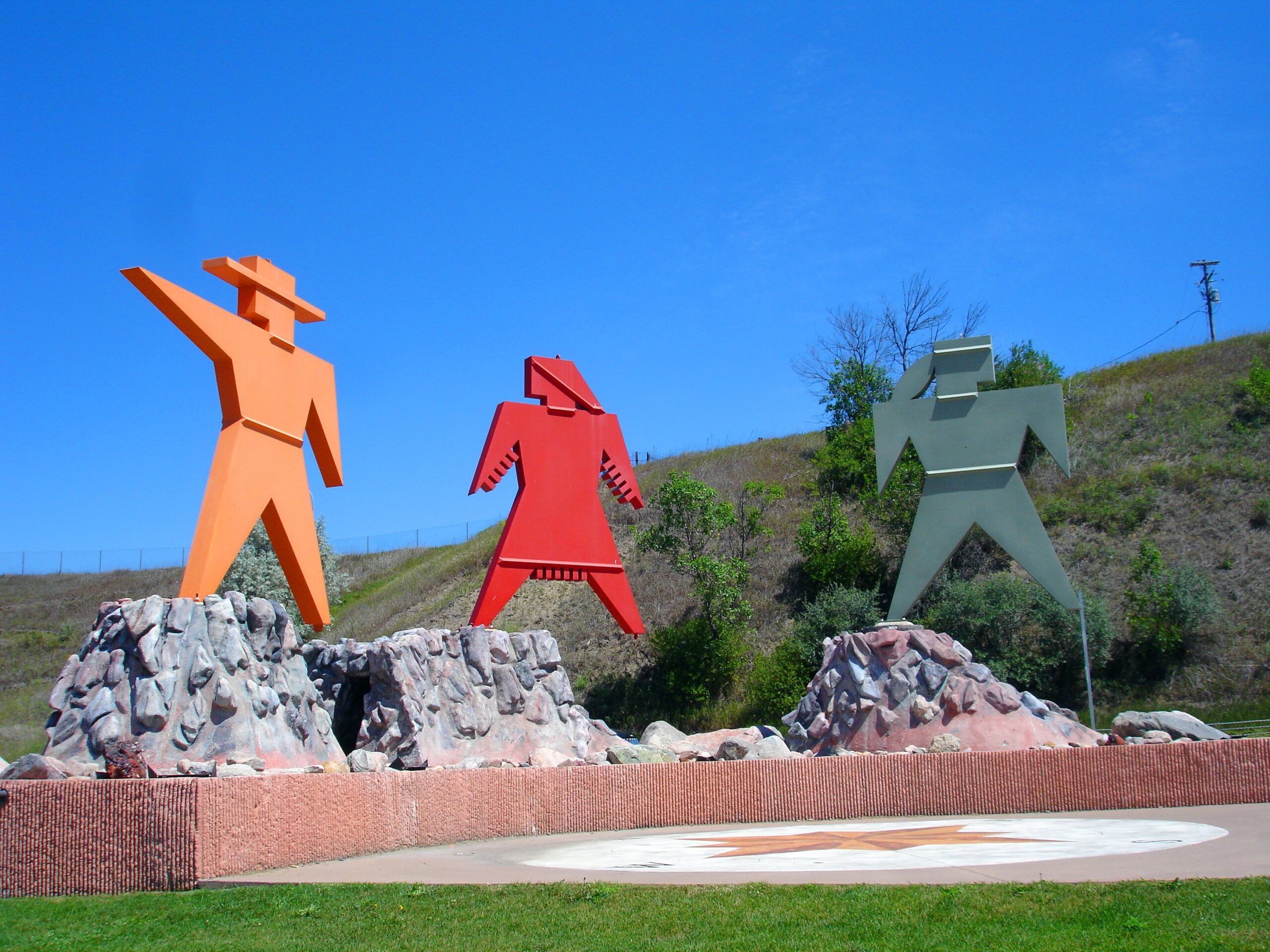
Take a morning drive along River Road or a stroll along the parallel Riverfront Trail. Stop and see Steamboat Warehouse State Historic Site. In Keelboat Park, find a full-size replica barge for the kids to explore. View the nearby colorful representations of figures from the time. See the Four Headed Thunderbird Statue created by eight students and unveiled during the Lewis & Clark Bicentennial. Other public art in Bismarck may be found here: https://www.bisparks.org/parks-trails/eagle-sculptures/
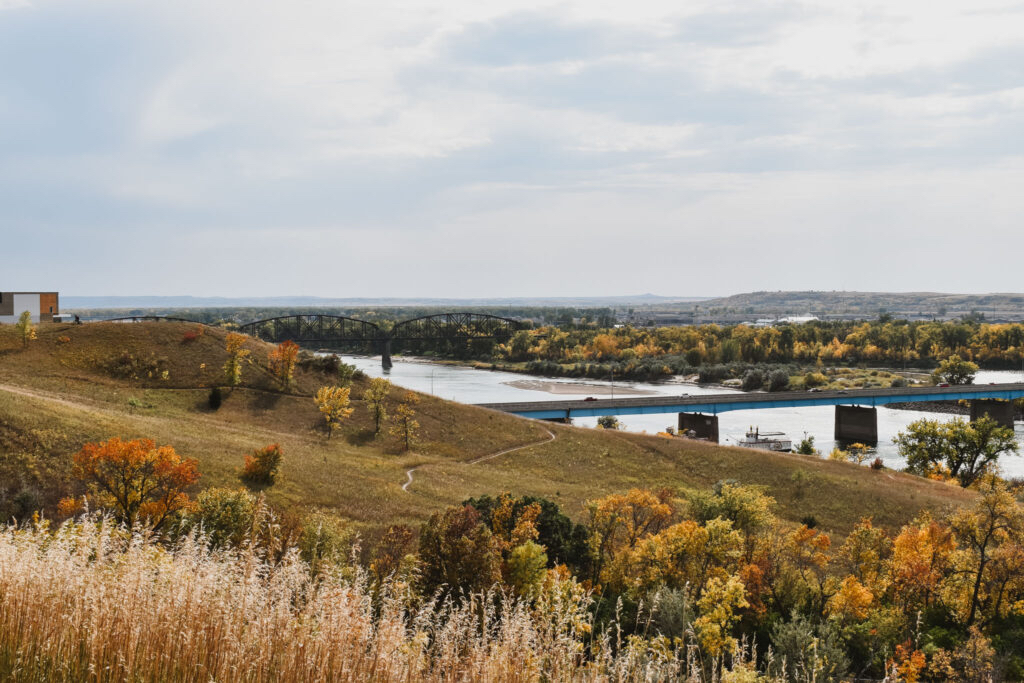
Continue your journey to the site of Chief Looking’s Village for a great view of the river as it flows through the capital city. Also known as Ward Earth Lodge Village, it was listed on the National Register of Historic Places in 1978. A companion park, Pioneer Park, lies nearby closer to the river. Historical interpretation panels are available at both places for further learning.
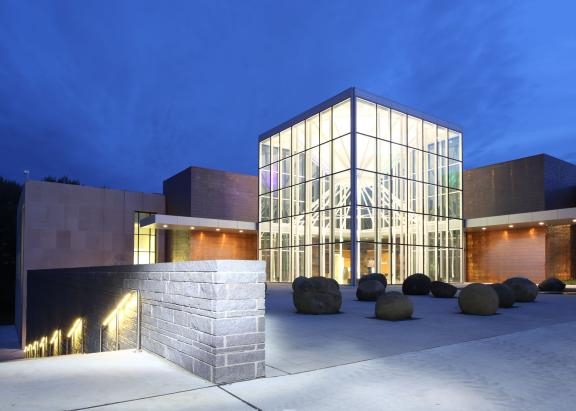
Visit the North Dakota Heritage Center, featuring displays that cover the entire range of North Dakota history, from dinosaurs to fracking. A statue of Sacagawea with her son Jean-Baptiste Charbonneau is located outside the rear of the building. The North Dakota State Capitol, one of three in the US that are high-rise buildings (the state capitols in Lincoln, Nebraska and Baton Rouge, Louisiana being the others), is also nearby.

North Dakota Heritage Center & State Museum, East Boulevard Avenue, Bismarck, ND, USA
0 mi
View Listing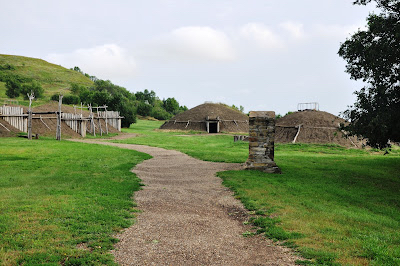
For over 200 years, up to 1,000 Mandan Indians lived in 75 lodges at On-A-Slant Village. However, it was rendered uninhabitable as the smallpox epidemic of 1782 laid waste to the tribe. William Clark mentioned seeing the remains of the village in his journal entry from October 20, 1804.
Some ninety years later, the US Army established Fort Abraham Lincoln at the site as a base for military campaigns against the Lakota Sioux and Northern Cheyenne in 1876-77. Gen. George Custer and his US 7th Cavalry were stationed at the fort before his ill-fated Battle of the Little Bighorn.
Interpretation at the site treats both subjects.
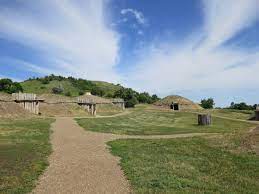
Fort Abraham Lincoln State Park, Fort Lincoln Road, Mandan, ND, USA
0 mi
View Listing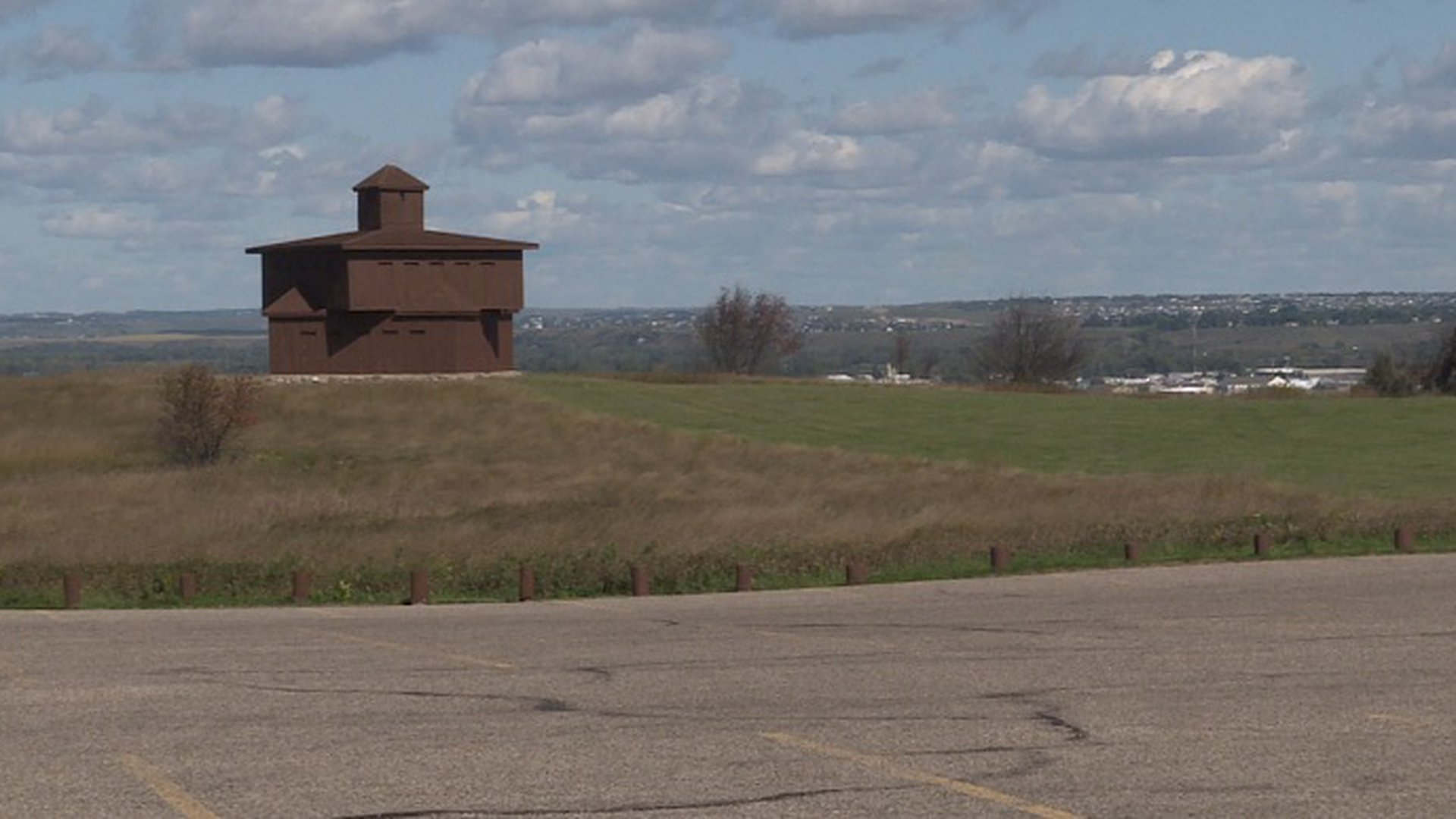
Fort Abraham Lincoln State Park, Fort Lincoln Road, Mandan, ND, USA
0 mi
View Listing
Returning to town, the Dakota Zoo and nearby Super Slide Amusement Park provide a fun environment for family activities.
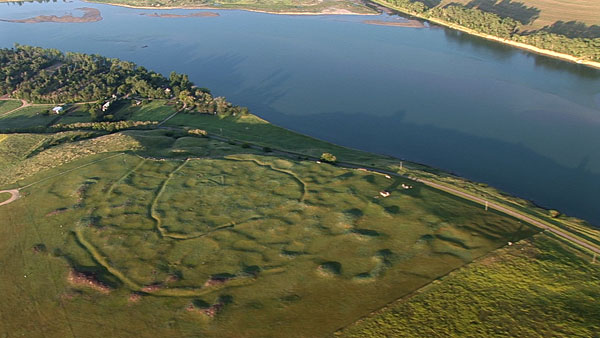
Double Ditch Indian Village State Historic Site, North Dakota 1804, Bismarck, ND, USA
10 mi
View ListingOur bi-weekly newsletter provides news, history, and information for those interested in traveling along along the Lewis & Clark Trail.